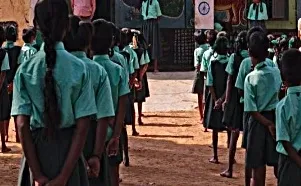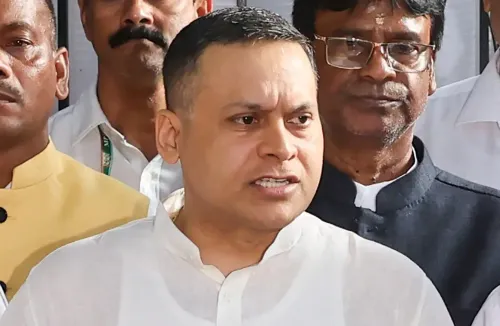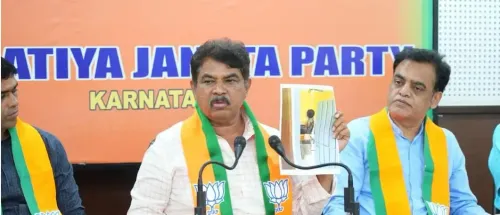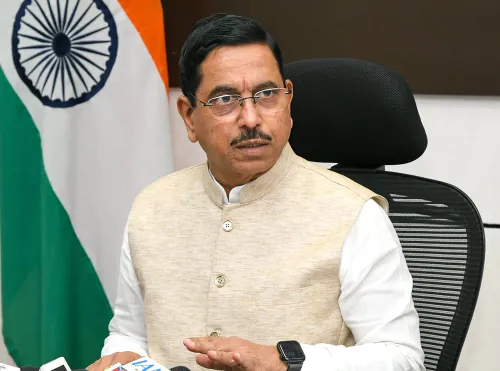Will TN Schools Implement Monthly Assessments for Classes 1 to 9?

Synopsis
Key Takeaways
- Monthly assessments to begin for Classes 1 to 9.
- Focus on Higher Order Thinking questions.
- Encouragement of critical reasoning and problem-solving.
- Teachers to use tests as teaching tools.
- Initiative aligns with State Education Policy.
Chennai, Sep 1 (NationPress) In an effort to enhance classroom learning and boost student outcomes, government schools throughout Tamil Nadu will initiate monthly assessments for students in Classes 1 to 9 starting this academic year.
This initiative, revealed in a circular from the School Education Department, aims to transition children from rote memorization to a deeper grasp of concepts.
The assessments will include Higher Order Thinking (HOT) questions that promote critical thinking, problem-solving, and knowledge application. Officials noted that this approach will also prepare students for future competitive examinations.
The State Council of Educational Research and Training (SCERT) will create the question papers, which will be dispatched to District Institutes of Education and Training (DIETs) and subsequently distributed to schools via the respective Chief Education Officers (CEOs).
The monthly evaluations will encompass English, Mathematics, Science, and General Knowledge.
Teachers are encouraged to view these tests not merely as assessment tools but as integral components of the teaching process.
Post-assessment, subject teachers must engage in thorough discussions about the questions and answers with their students to address any uncertainties and reinforce understanding.
The department has also mandated district officials to conduct inspections to guarantee that the assessments are performed in a structured and transparent manner.
Previously, monthly evaluations were restricted to Classes 6 to 9. By expanding this to encompass Classes 1 to 9, the government is striving to provide children with a solid foundation in analytical and conceptual skills.
Officials indicated that this initiative is in line with the State Education Policy (SEP), which emphasizes holistic learning and preparing students for both higher education and employment opportunities.
This decision comes in response to alarming findings from the State Level Achievement Survey 2025, which highlighted significant learning gaps among schoolchildren.
Conducted for Classes 3, 5, and 8, the survey revealed average scores of 52% in Tamil, 39% in English, 38% in Mathematics, 37% in Science, and 54% in Social Science.
Mathematics and Science were identified as the weakest subjects, prompting the government to take corrective measures.
Education officials are optimistic that regular assessments, combined with classroom discussions and monitoring, will help bridge these gaps and ensure that students acquire the skills necessary to thrive in a knowledge-driven world.









